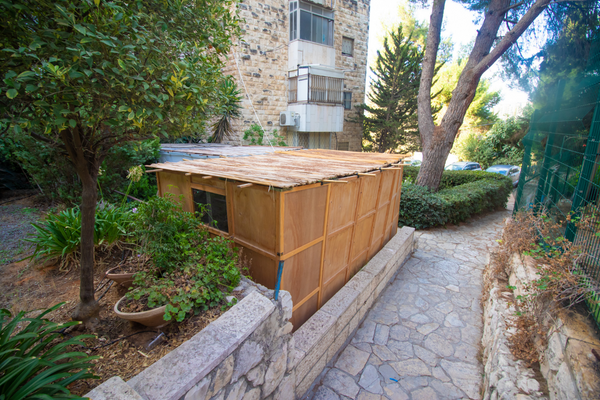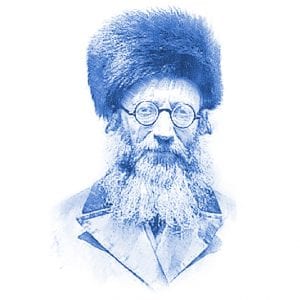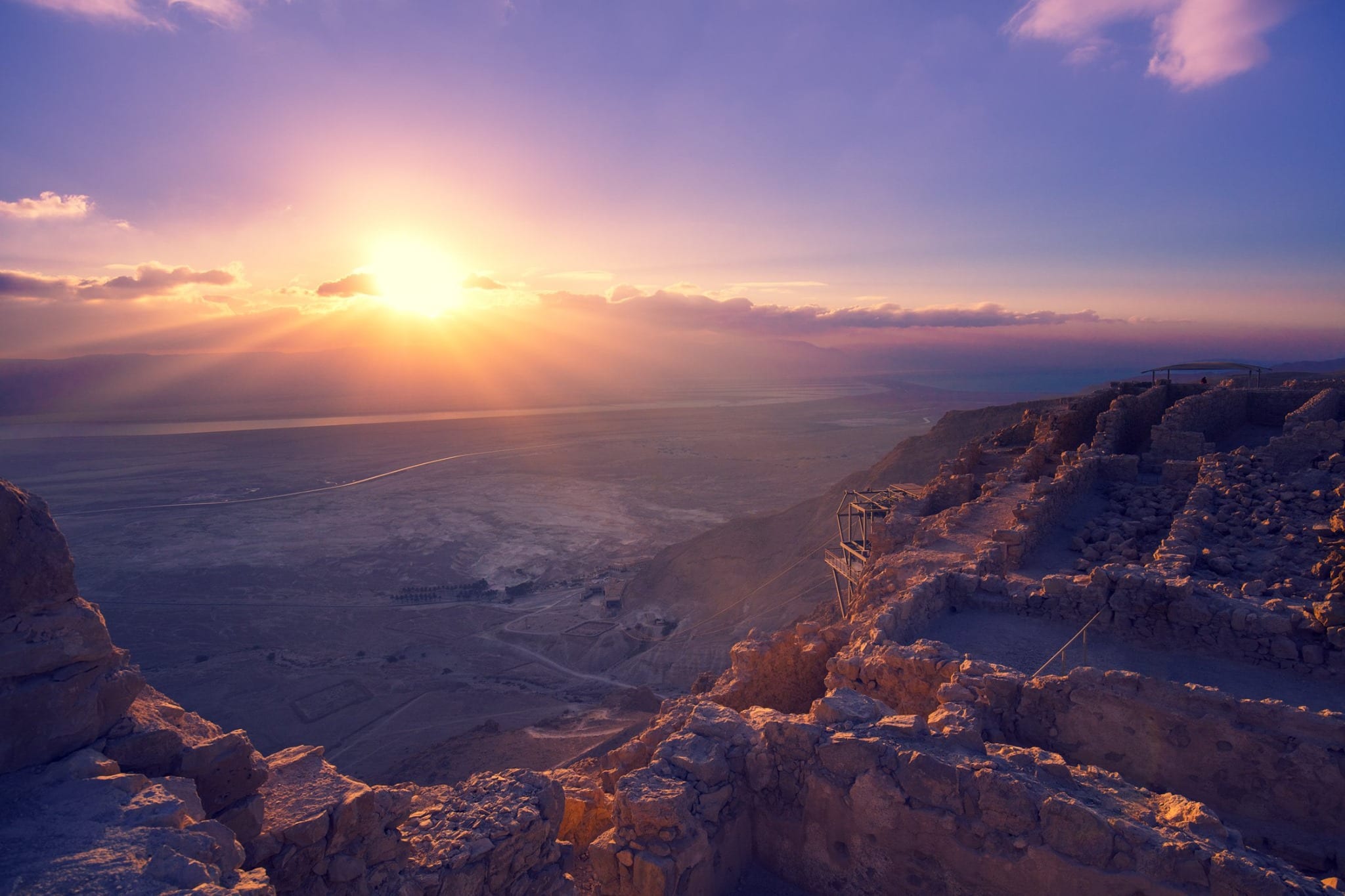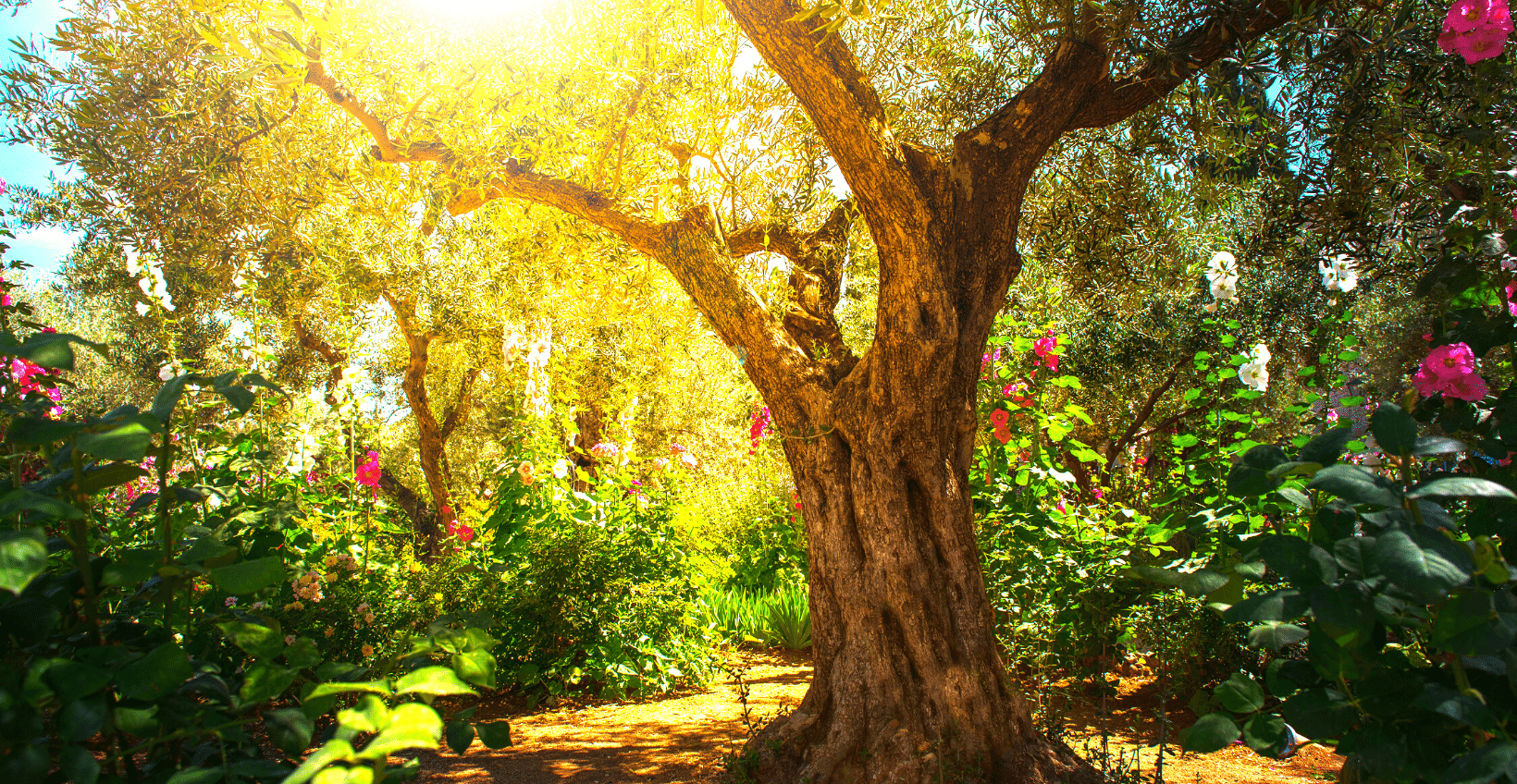
TORAH
NEVI'IM
KETUVIM
Chapter 17
Translation and Transliteration of
Listen to this chapter in Hebrew:
- Commentary
- Buy E-book
- Buy the Israel Bible
1My spirit is crushed, my days run out; The graveyard waits for me.
ארוּחִי חֻבָּלָה יָמַי נִזְעָכוּ קְבָרִים לִי׃
2Surely mocking men keep me company, And with their provocations I close my eyes.
באִם־לֹא הֲתֻלִים עִמָּדִי וּבְהַמְּרוֹתָם תָּלַן עֵינִי׃
3Come now, stand surety for me! Who will give his hand on my behalf?
גשִׂימָה־נָּא עָרְבֵנִי עִמָּךְ מִי הוּא לְיָדִי יִתָּקֵעַ׃
4You have hidden understanding from their minds; Therefore You must not exalt [them].
דכִּי־לִבָּם צָפַנְתָּ מִּשָּׂכֶל עַל־כֵּן לֹא תְרֹמֵם׃
5He informs on his friends for a share [of their property], And his children's eyes pine away.
הלְחֵלֶק יַגִּיד רֵעִים וְעֵינֵי בָנָיו תִּכְלֶנָה׃
6He made me a byword among people; I have become like Tophet of old.
ווְהִצִּגַנִי לִמְשֹׁל עַמִּים וְתֹפֶת לְפָנִים אֶהְיֶה׃
7My eyes fail from vexation; All shapes seem to me like shadows.
זוַתֵּכַהּ מִכַּעַשׂ עֵינִי וִיצֻרַי כַּצֵּל כֻּלָּם׃
8The upright are amazed at this; The pure are aroused against the impious.
חיָשֹׁמּוּ יְשָׁרִים עַל־זֹאת וְנָקִי עַל־חָנֵף יִתְעֹרָר׃
9The righteous man holds to his way; He whose hands are clean grows stronger.
טוְיֹאחֵז צַדִּיק דַּרְכּוֹ וּטֳהָר־יָדַיִם יֹסִיף אֹמֶץ׃
10But all of you, come back now; I shall not find a wise man among you.
יוְאוּלָם כֻּלָּם תָּשֻׁבוּ וּבֹאוּ נָא וְלֹא־אֶמְצָא בָכֶם חָכָם׃
11My days are done, my tendons severed, The strings of my heart.
ya-MAI a-v'-RU zi-mo-TAI ni-t'-KU mo-ra-SHAY l'-va-VEE
יאיָמַי עָבְרוּ זִמֹּתַי נִתְּקוּ מוֹרָשֵׁי לְבָבִי׃
![]() 17:11 My tendons severed
17:11 My tendons severed

Rabbi Abraham Isaac Kook (1865-1935)
Iyov begins to feel distanced from God, and to believe that he can no longer communicate meaningfully with Him. Iyov can no longer beg Hashem to give him succor and end his suffering, and therefore feels he is close to death. Similarly, the Sages (Berachot 32b) state that from the time of the destruction of the Beit Hamikdash, an iron wall separates mankind from their Father in Heaven. Rabbi Abraham Isaac Kook explains the symbolism of this image: Iron is symbolic of death and destruction, as it is a material used to make instruments of war and execution. Conversely, the goal of the Beit Hamikdash was to prolong life and to promote peace in the world. With the destruction of the Temple, its influence in the world was replaced by the influence of iron. Rabbi Kook concludes that only when justice and integrity will be restored will the iron wall come down, and then the Beit Hamikdash will resume its place as the center of prayer and inspiration for the entire world.
12They say that night is day, That light is here—in the face of darkness.
יבלַיְלָה לְיוֹם יָשִׂימוּ אוֹר קָרוֹב מִפְּנֵי־חֹשֶׁךְ׃
13If I must look forward to Sheol as my home, And make my bed in the dark place,
יגאִם־אֲקַוֶּה שְׁאוֹל בֵּיתִי בַּחֹשֶׁךְ רִפַּדְתִּי יְצוּעָי׃
14Say to the Pit, “You are my father,” To the maggots, “Mother,” “Sister”—
ידלַשַּׁחַת קָרָאתִי אָבִי אָתָּה אִמִּי וַאֲחֹתִי לָרִמָּה׃
15Where, then, is my hope? Who can see hope for me?
טווְאַיֵּה אֵפוֹ תִקְוָתִי וְתִקְוָתִי מִי יְשׁוּרֶנָּה׃
16Will it descend to Sheol? Shall we go down together to the dust?
טזבַּדֵּי שְׁאֹל תֵּרַדְנָה אִם־יַחַד עַל־עָפָר נָחַת׃







